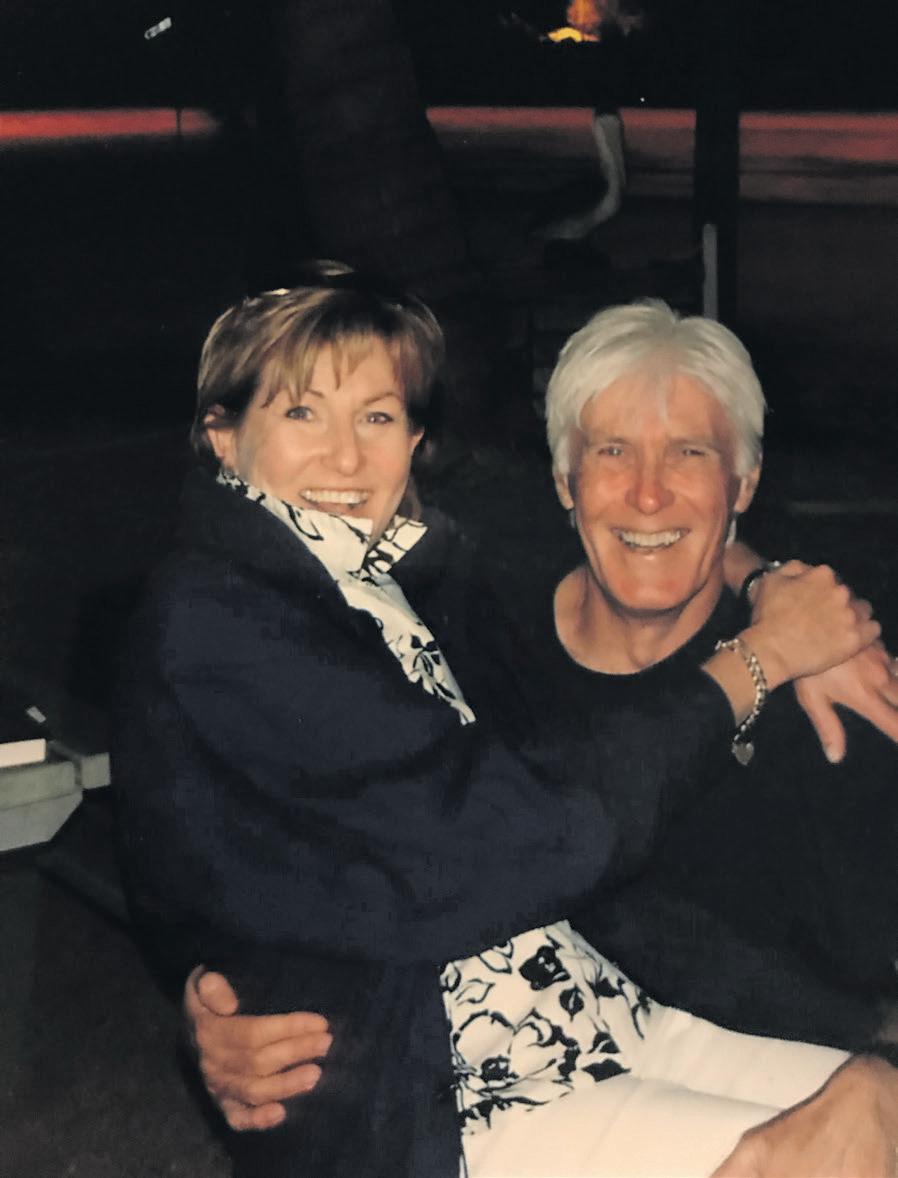
2 minute read
National Framework Proposes Expanded Role for Paramedics in Home Palliative Care
A new national framework suggests enhancing the role of paramedics in supporting palliative care patients who wish to die peacefully at home, potentially easing the pressure on emergency departments. Developed through consultations with a diverse group of stakeholders—including paramedics, palliative care physicians, general practitioners, and carers from six countries and all Australian states— the framework aims to integrate palliative care more deeply into paramedic services and reduce unnecessary hospital transports. Published in the international peerreviewed journal Palliative Medicine, the framework achieved consensus among experts on 32 service modifcations to standardize best practices for paramedics providing palliative care in community settings.
Dr. Madeleine Juhrmann, the lead author, a trained paramedic, and a research fellow at Flinders University, emphasized the growing global demand for palliative care, which has been accelerated by the COVID-19 pandemic. She highlighted the need for home-based care, “Many palliative care patients have a strong desire to pass away at home surrounded by family, without the distress of hospital transport following basic pain management.”
In her publication, Dr. Juhrmann outlined the varying roles of paramedics in delivering unscheduled palliative care and stressed the need for consistent support. “Paramedics are ideally positioned to provide care to palliative and end-of-life patients in the community, especially after-hours when specialist services may not be available,” she wrote.
The framework suggests practical steps to empower paramedics in delivering comprehensive, personcentred palliative care:
• Access to electronic medical records to review patients’ advance care plans and palliative care details in real-time.
• Maintenance of palliative and end-oflife care guidelines by ambulance services, including administering specifc medications for common end-of-life symptoms onsite.
• Integration of paramedics into local palliative care referral pathways, offering alternatives to hospital emergency departments.
The impact of such initiatives is refected in personal stories like that of Leonie Jamieson, whose husband Neil died peacefully at home in Port Noarlunga in 2019. Paramedics respected Neil’s advance care directive against intubation and hospital transport, focusing instead on comfort measures. “The paramedics read his directive thoroughly and respected his wishes, which was a great relief to us,” Ms. Jamieson shared.
Andrew Noble, an Extended Care Paramedic and Team Leader who participated in the expert panel, noted, “This research will signifcantly help ambulance services develop consistent policies and practices across the country, tailored to the unique needs of palliative patients preferring homebased care.”
The framework, part of Dr. Juhrmann’s PhD research supported by the HammondCare Foundation, sets the stage for a multidisciplinary approach to implement these strategies effectively, aiming to overcome any barriers to integrating the framework into national policies and practices.

When living in your own home is no longer an option, you’re most welcome to make our home yours and live in and
Dedicated to quality care
You will be treated with kindness, dignity and respect. We are dedicated to providing the best care possible to give residents their best life.
We’re for people, not for profit Southern Cross Care has supported older people in NSW and the ACT for over 50 years. As a not-for-profit organisation, we’re solely focused on providing the best care we can.
We’ll arrange the services important to you
Every resident is unique. We’ll work with you to create a personal care plan for your exact needs. Those needs will be met by our team of carers, lifestyle officers, spiritual and wellbeing coordinators, registered nurses, and any specialists needed.
Visit our home with a tour
We’ll be happy to arrange for a tour, please ask when you call.










